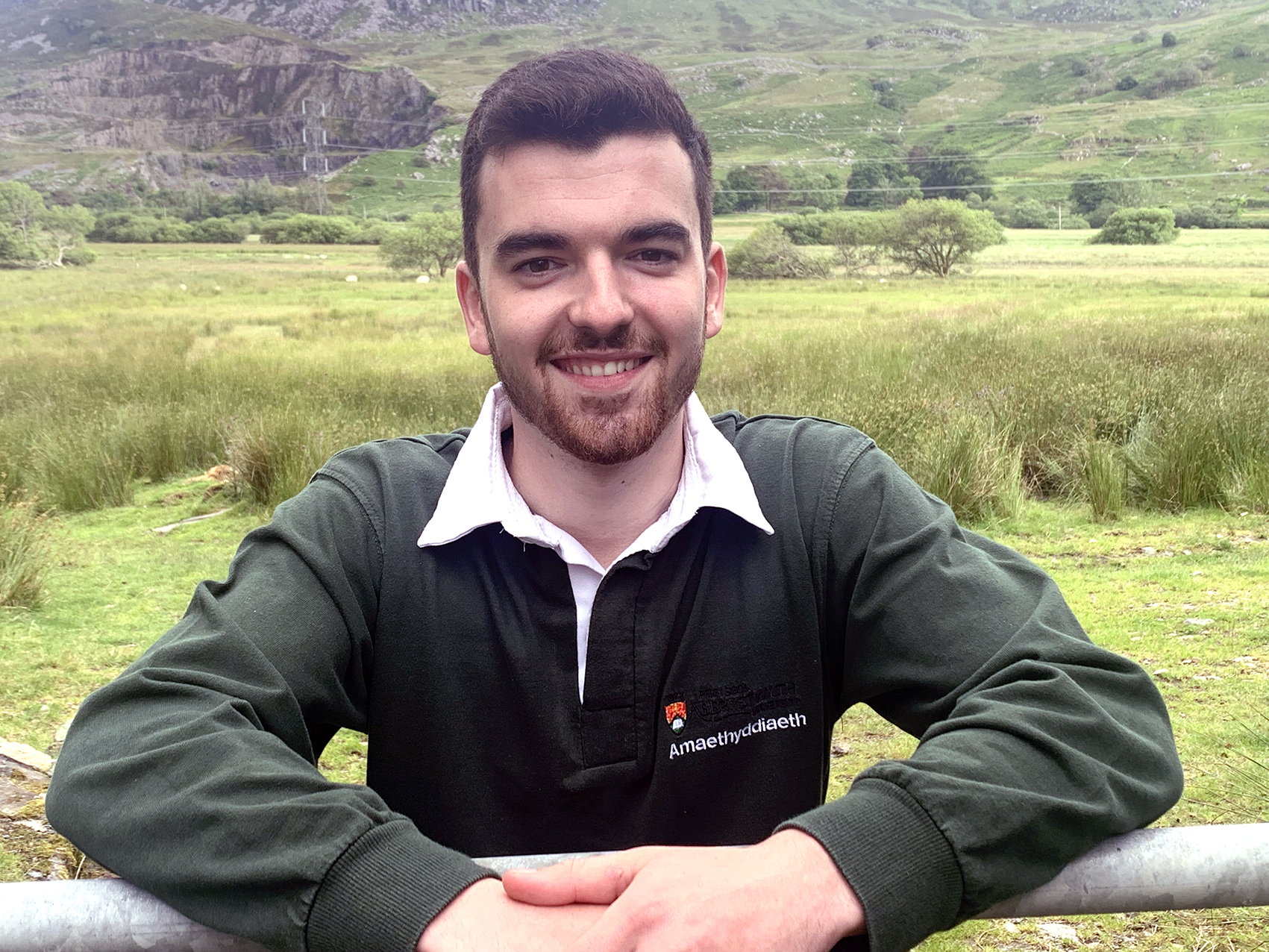 Candidates for the RWAS Award for the Best Student of Agriculture at the Institute of Biological, Environmental & Rural Sciences, Aberystwyth University must have studied Agriculture or a programme with a significant component of Agriculture to Degree, Diploma or Certificate level and should have been born and bred in Wales.
Candidates for the RWAS Award for the Best Student of Agriculture at the Institute of Biological, Environmental & Rural Sciences, Aberystwyth University must have studied Agriculture or a programme with a significant component of Agriculture to Degree, Diploma or Certificate level and should have been born and bred in Wales.
This year’s Award for Student of the Year goes to Osian Gwyn Jones of Rhyd-Y-Fen, Arenig, Y Bala, Gwynedd.
Osian was brought up at Rhyd-y-Fen, Arenig, Y Bala, Gwynedd, a hill farm running between 340m a 689m and carrying 500 Welsh Mountain ewes and 18 Welsh Black cows. Osian will be the 4th generation of his family to farm there and the family have farmed in the area for several centuries.
Osian attended Ysgol Gynradd Bro Tryweryn and Ysgol Uwchradd y Berwyn before being accepted to study for a BSc (Hons) degree in Agriculture at Aberystwyth University in 2018. He graduated with a Class I degree this year, attaining outstandingly high marks throughout his studies.



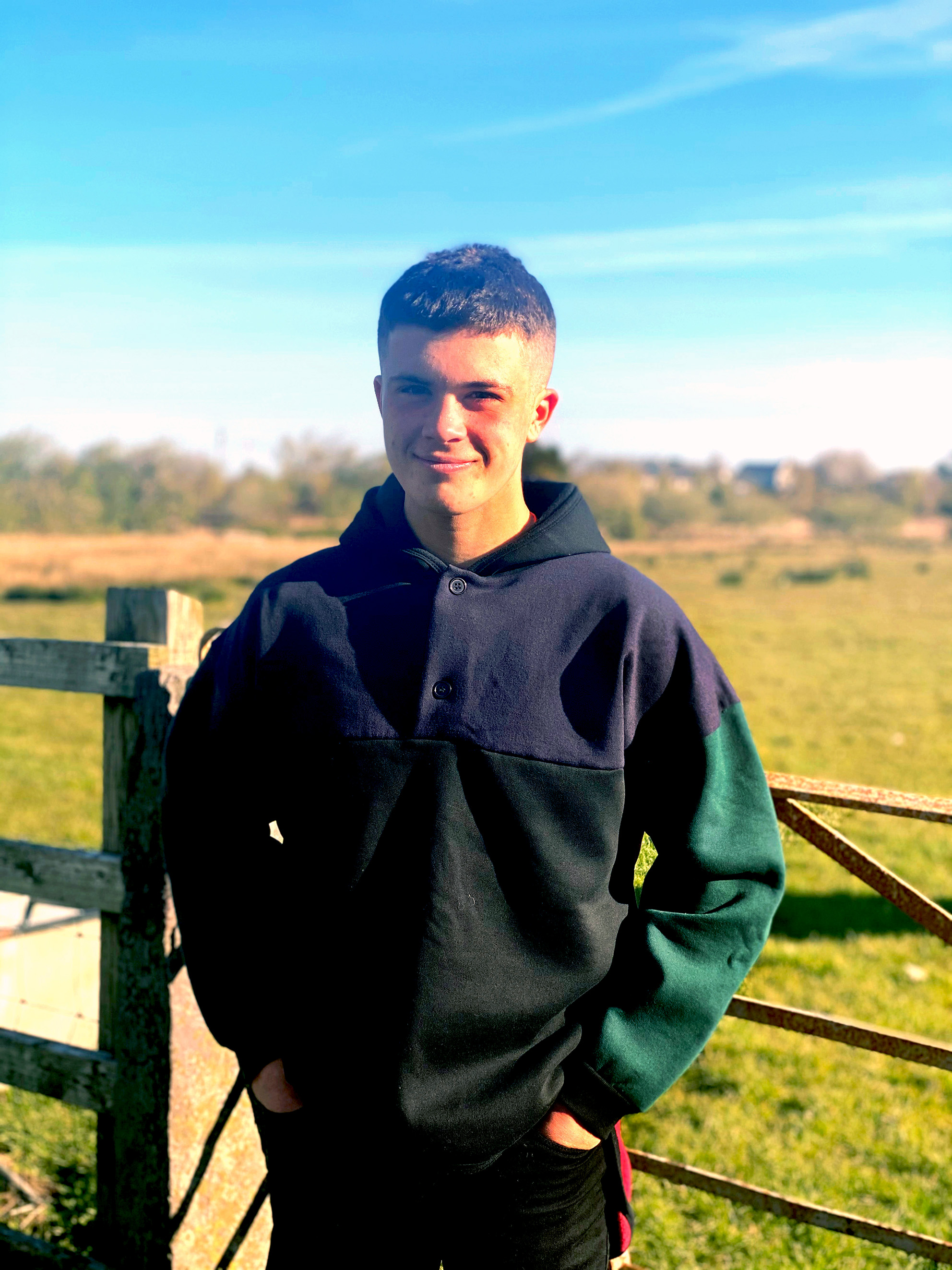 by Angharad Evans, Welsh Language Communications Officer
by Angharad Evans, Welsh Language Communications Officer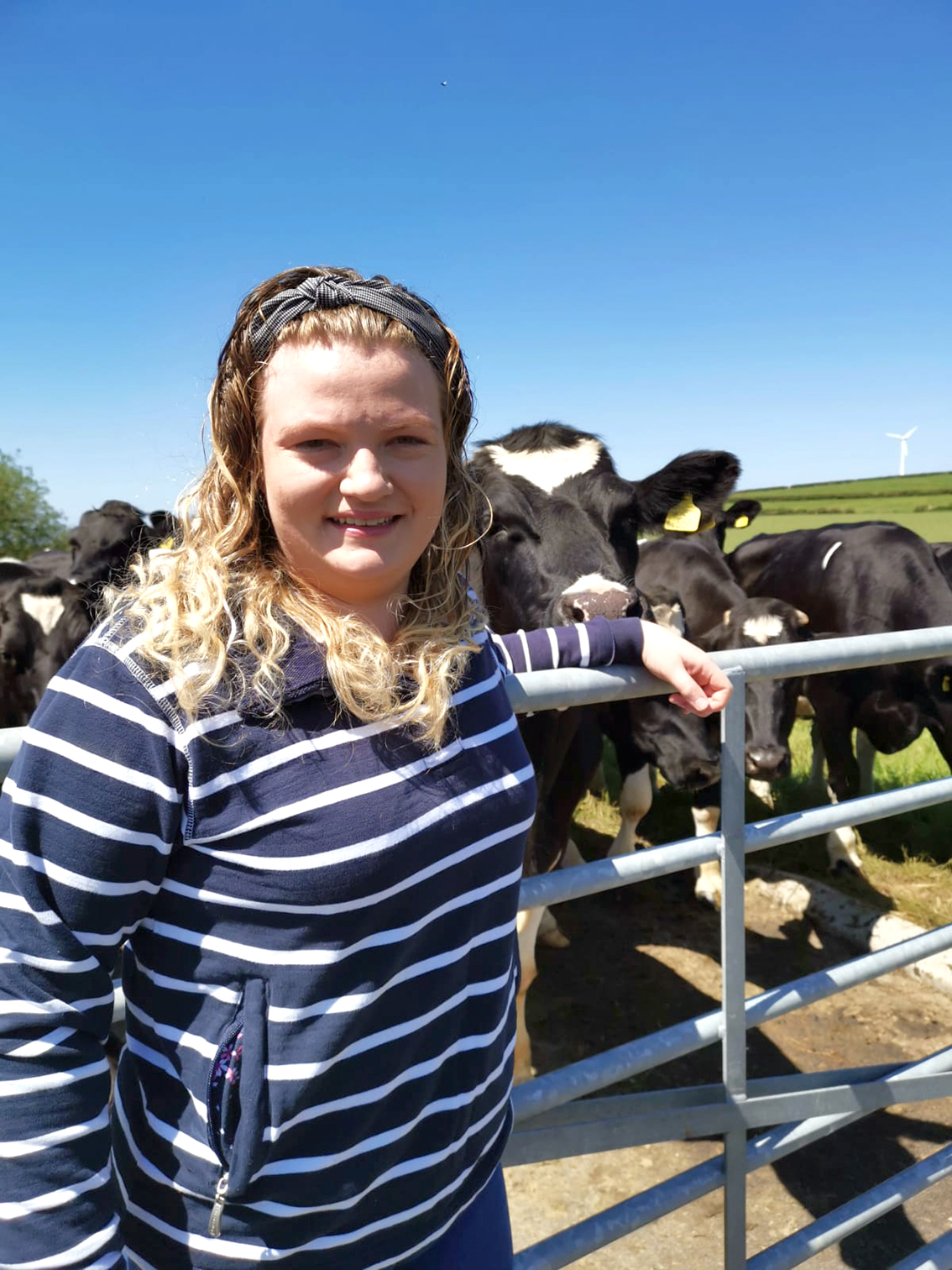
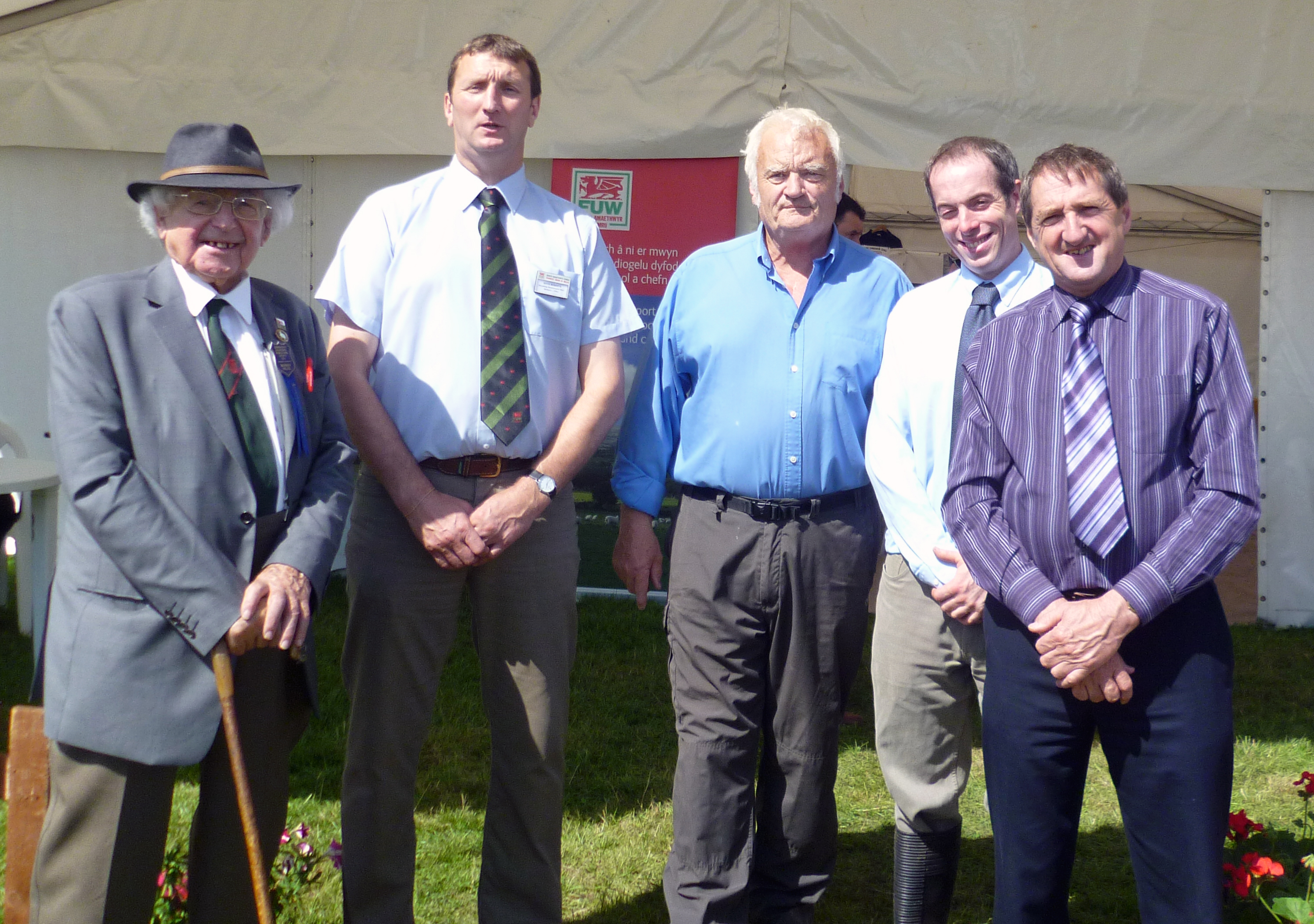 by Gwyn Williams, Former Denbighshire Area Officer
by Gwyn Williams, Former Denbighshire Area Officer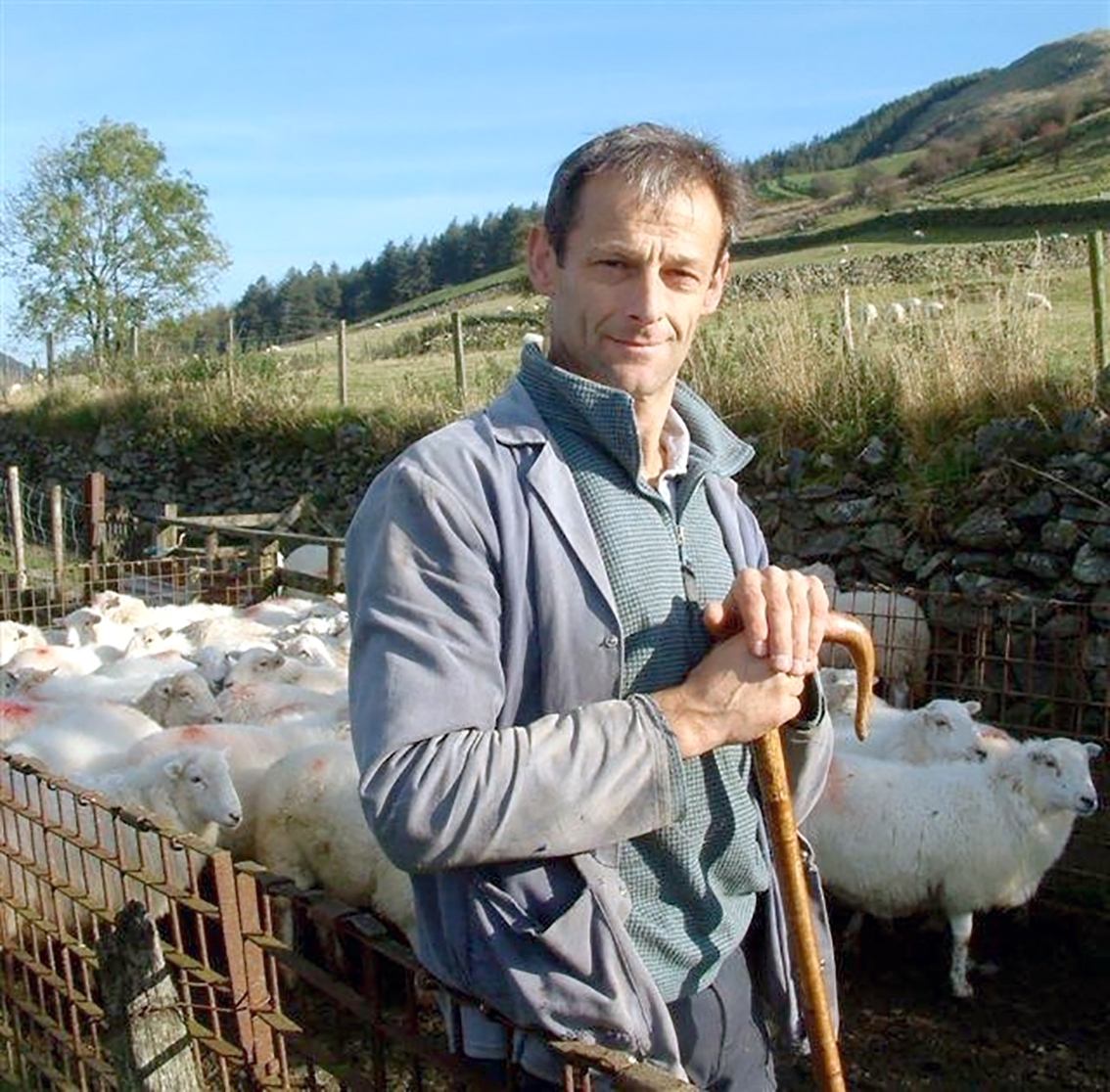 by Alun Edwards, Farm Safety Partnership Ambassador
by Alun Edwards, Farm Safety Partnership Ambassador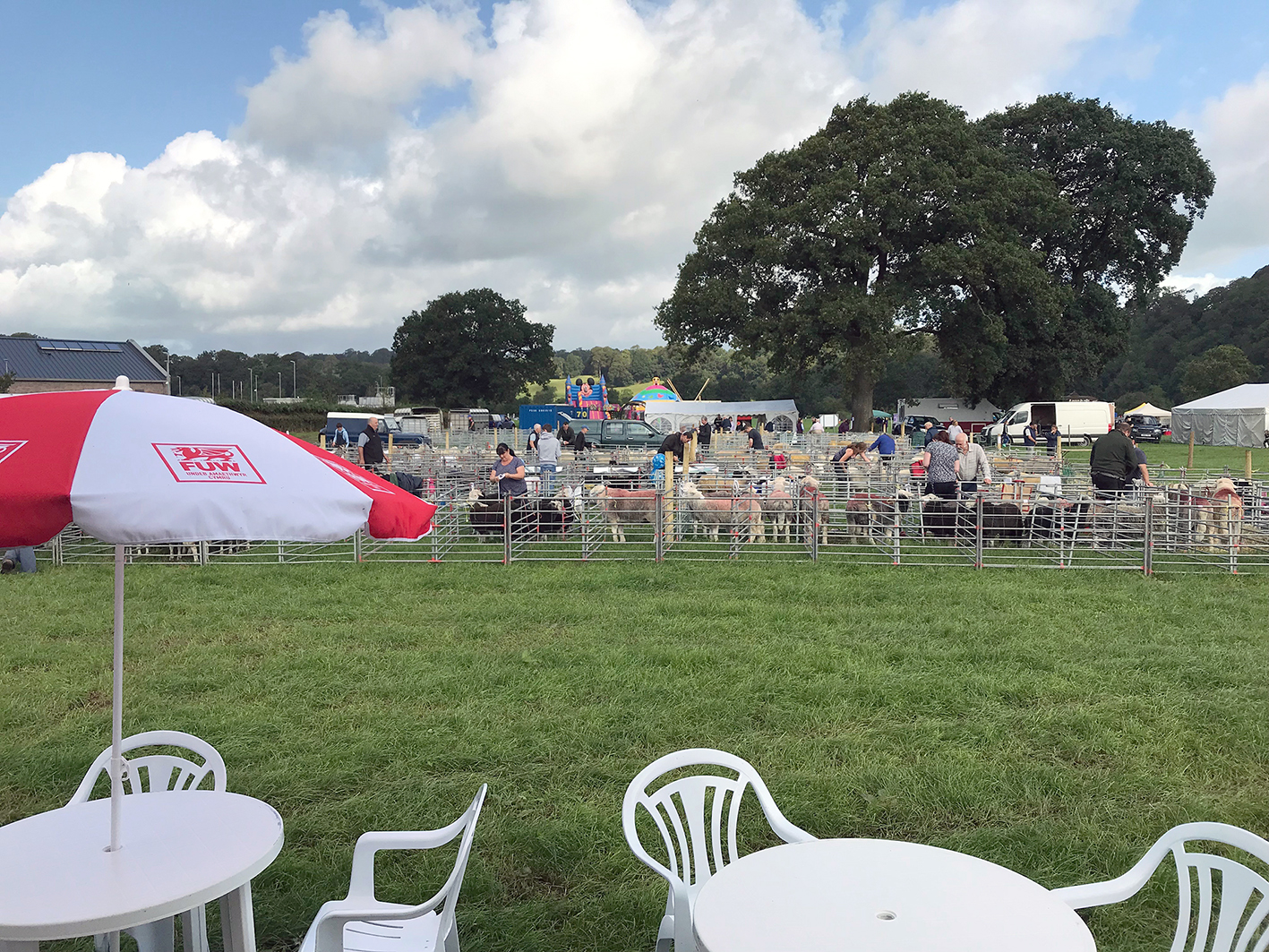 by Angharad Evans, Welsh Editor
by Angharad Evans, Welsh Editor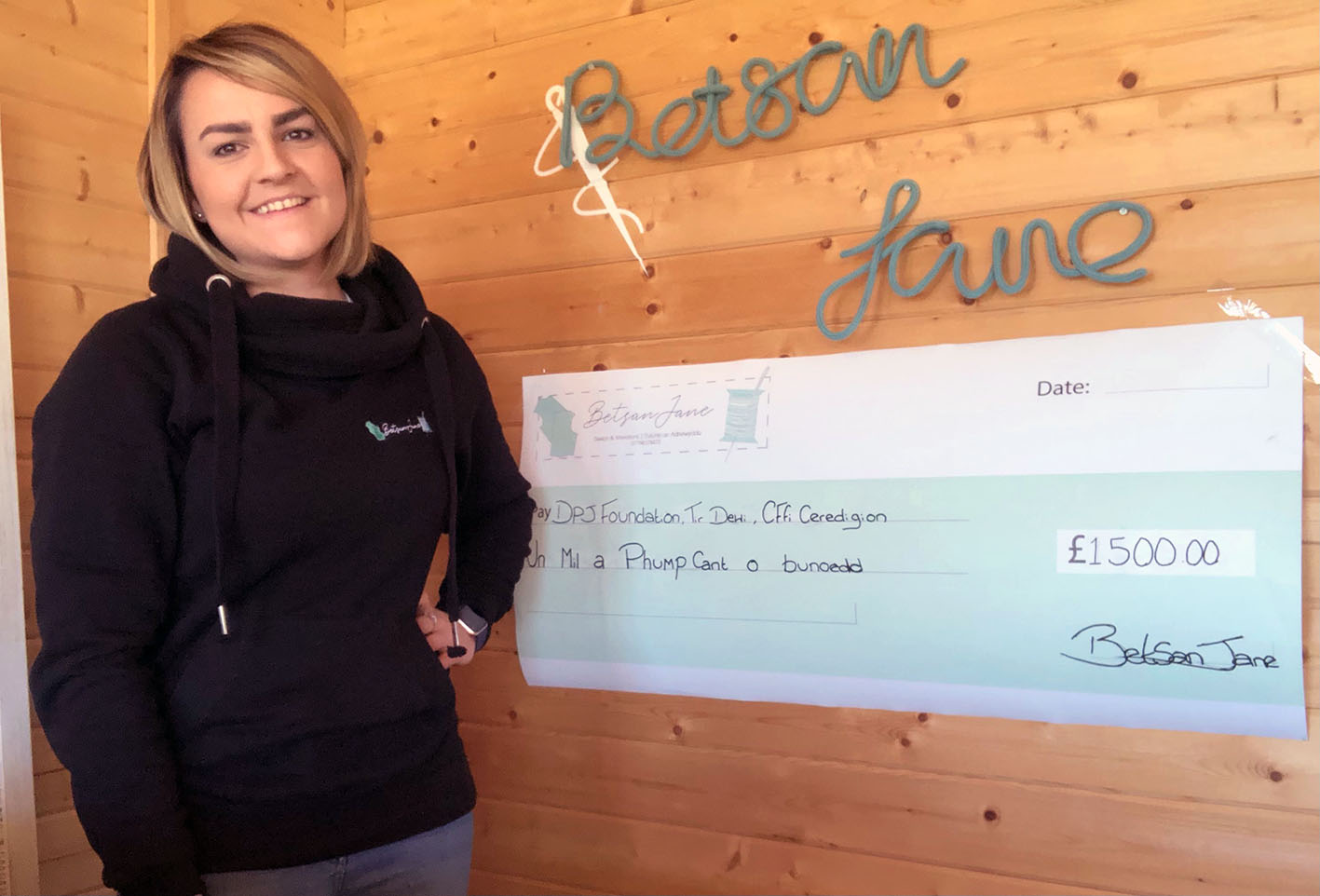 by Angharad Evans, Welsh Editor
by Angharad Evans, Welsh Editor